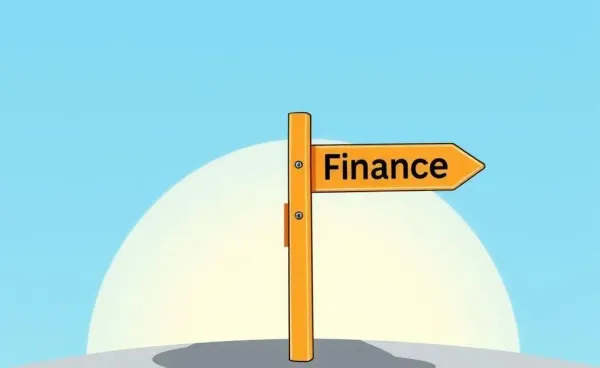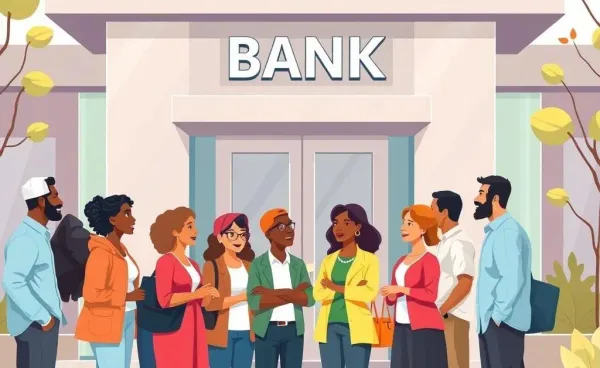What To Do if Your Bank Accidentally Adds Money to Your Account
Accidental bank deposits and handling them wisely. Here's what you should do.
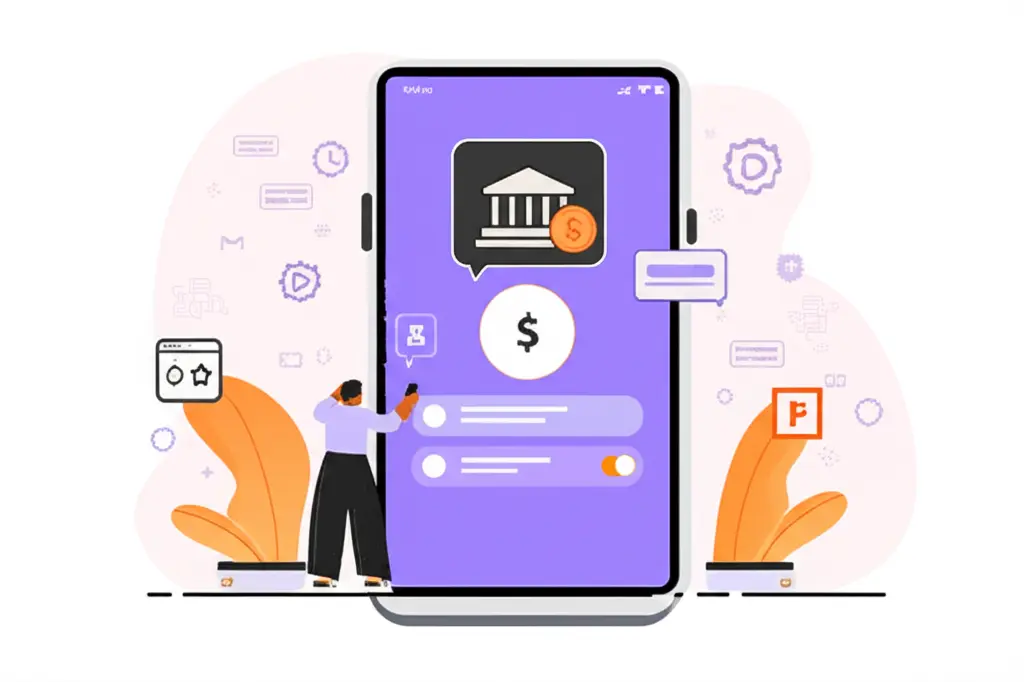
It’s a scenario we’ve all probably daydreamed about: you wake up, check your bank balance, and find more money than you remember having. It feels like winning the lottery! But what should you really do when you find your bank has made an error in your favor?
Stay Calm and Verify
First and foremost, stay calm. I get it—resisting the urge to rush into a spending spree is hard, but it’s crucial to step back and assess the situation. Double-check your recent transactions or any scheduled deposits that might explain the extra funds. Most bank apps let you review recent activities easily, and it's always good to start there.
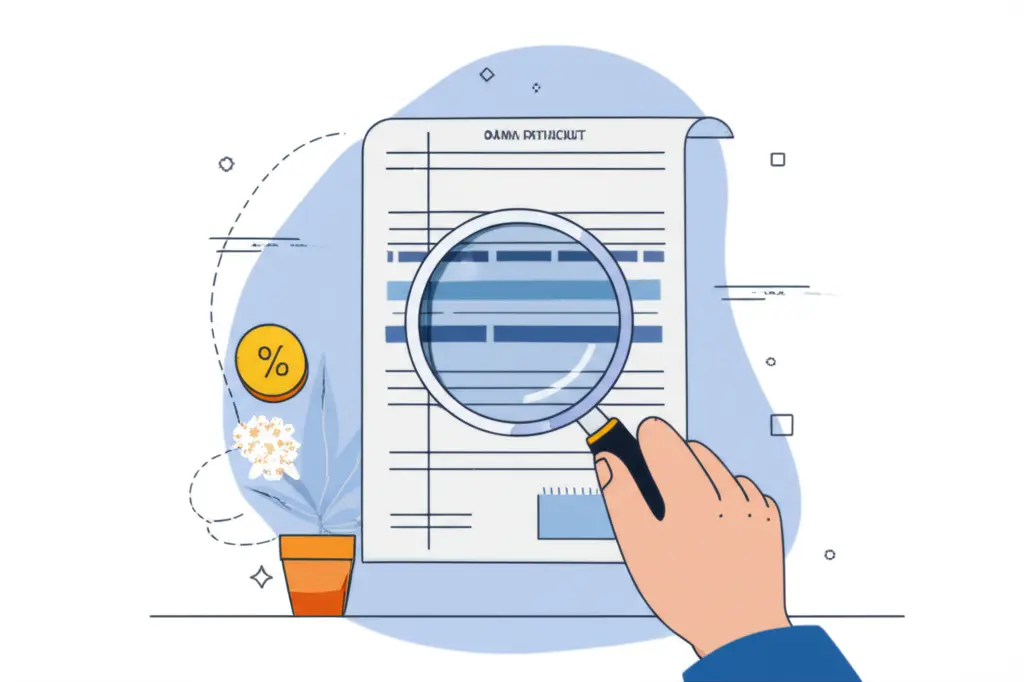
Contact Your Bank Immediately
If you can’t account for the extra cash, it’s time to contact your bank. Notifying them shows you’re acting in good faith. Banks will appreciate your honesty as errors do happen; they’re just not as common as we might fear or hope. Here’s a useful guide from the Consumer Financial Protection Bureau on how to approach your bank.
Do's and Don'ts
- Do keep records of your contacts and communications with the bank. This can be useful if any disputes arise later.
- Don’t withdraw or spend any of the extra money. It’s tempting, but until it’s resolved, those funds aren’t technically yours. Taking the money could lead to overdraft fees later or worse, legal trouble.
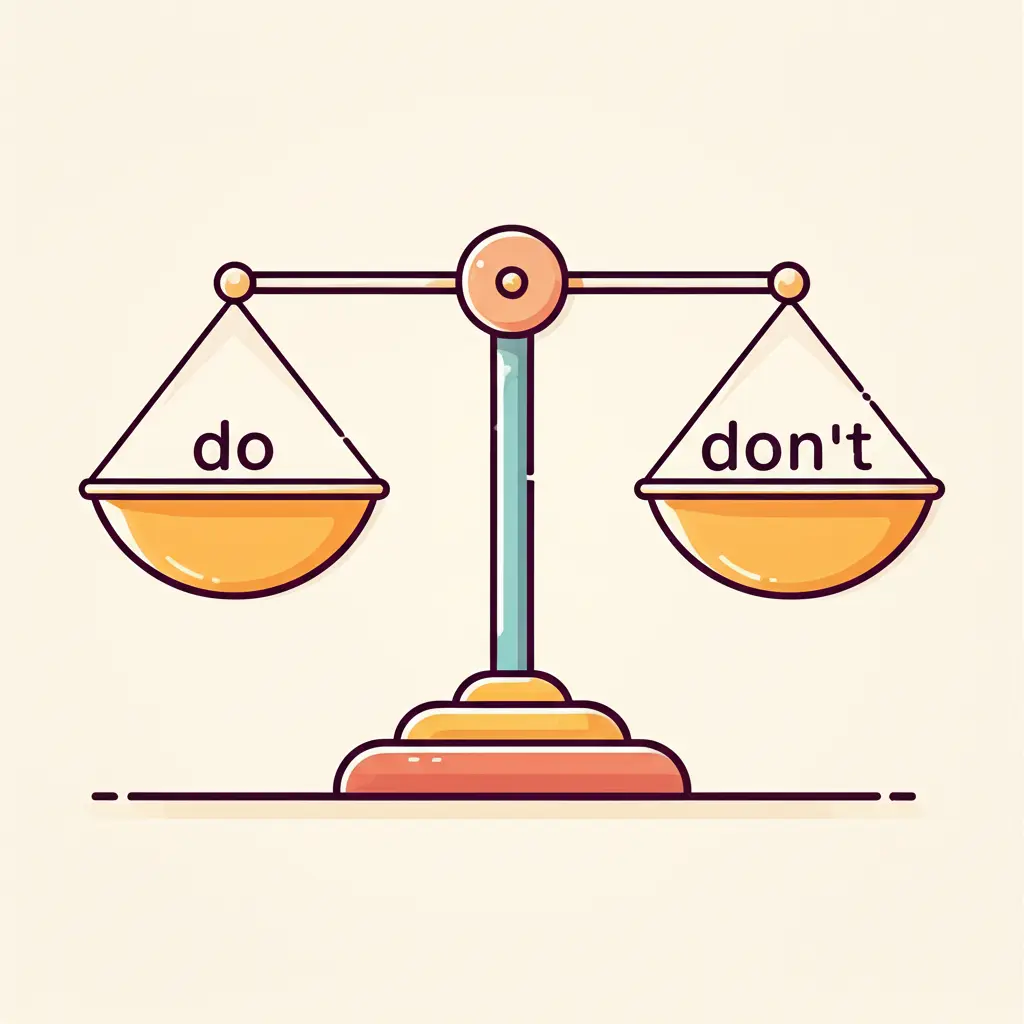
What Happens Next?
Once you've reached out to your bank, they’ll likely investigate the issue. Banks are generally quick with such matters because they want to ensure their books are balanced. Depending on the circumstances, they might simply rectify the digital accounting mistake.
The Ethical Dimension
Even when the error seems like an unexpected blessing, using money that isn't yours poses ethical challenges. Most of us wouldn’t shoplift, but spending money mistakenly ours falls into a similar grey area. It might not seem as tangible, but the principle remains.
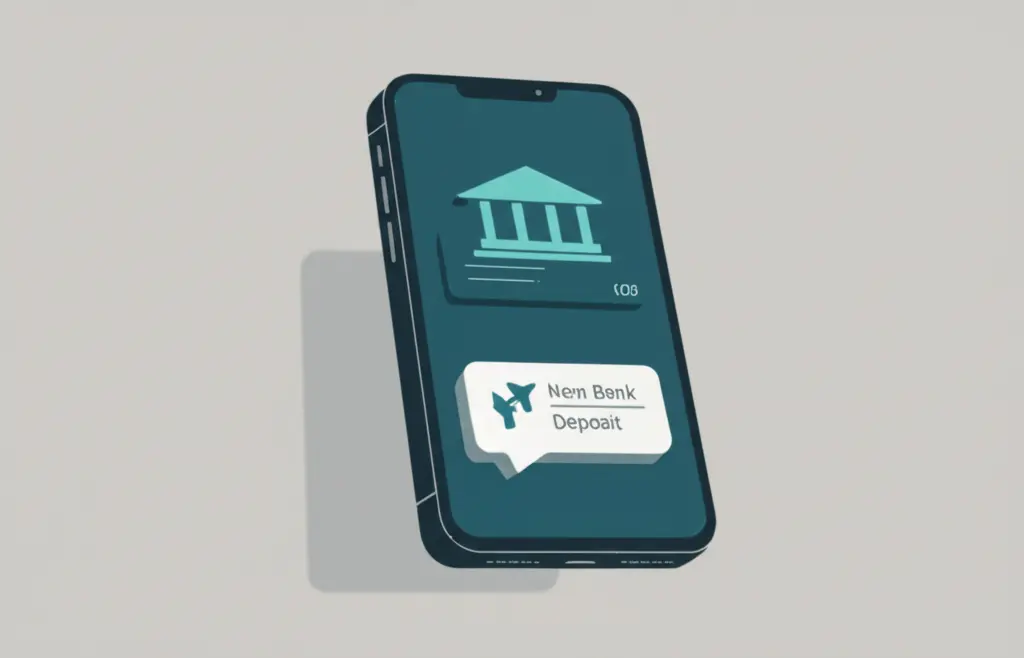
Final Thoughts
Finding surprise money in your account can feel like destiny, but in reality, it’s often just the result of human or technological error. Being proactive and honest with your bank can save you from potential headaches, and let’s face it, the anxiety of spending money that might not be yours isn’t worth it. Have you ever had a similar experience? How did you handle it?

